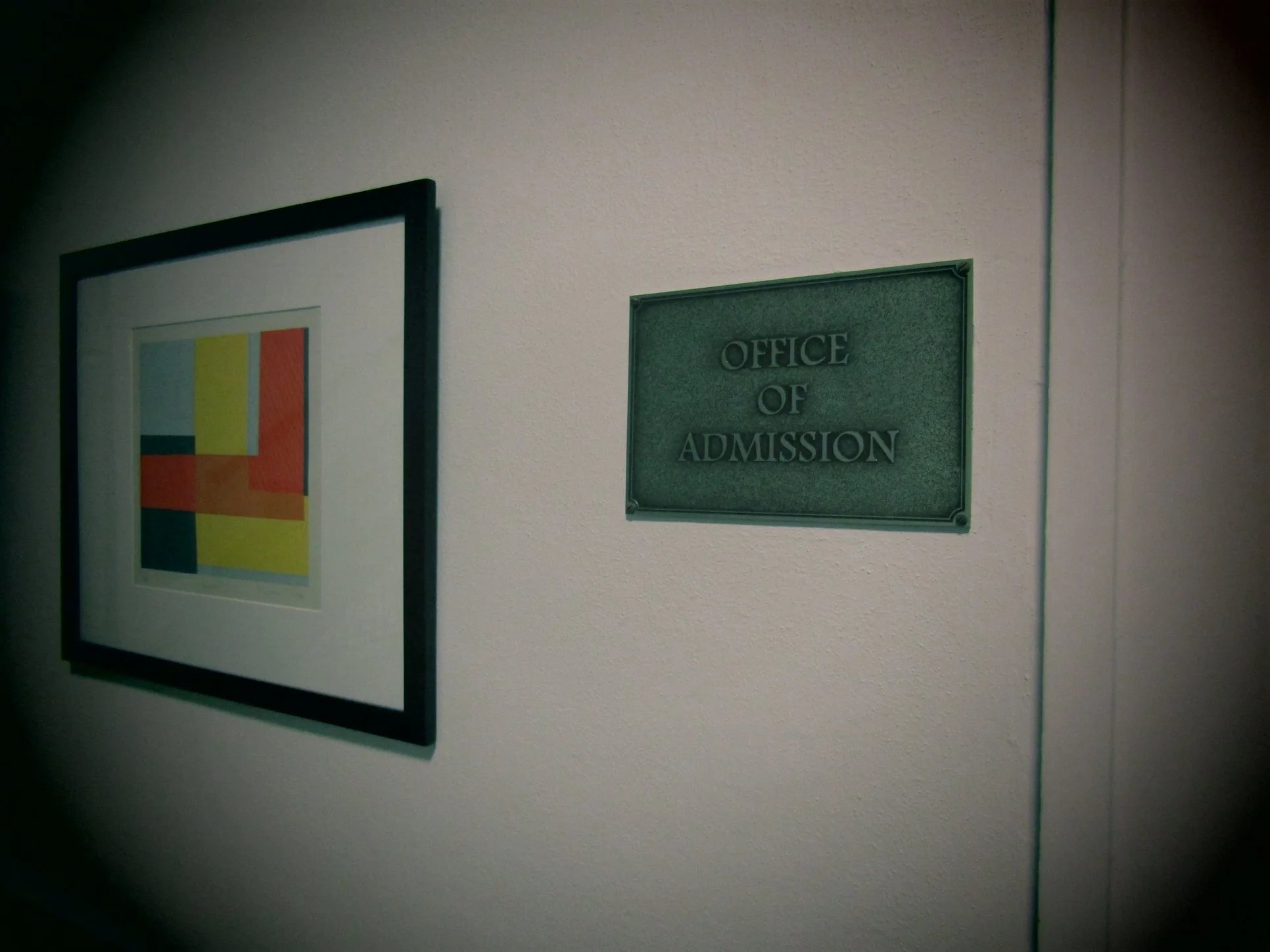The Waste Chronicles
The Student Senate’s Environmental Co-Chairs have trash on their minds. As an institution, St. Kate’s has struggled to find a efficient way to carry out a composting system in the cafeteria. Given that compost material must be separated from other waste, any user error in the waste system can lead to messy consequences .
“We have composting bins, but when we set it out in front of the food, it was getting complicated because students weren’t properly recycling and composting…” said Bryana Leverentz, Pre-OT and Psychology, ‘22, one of the co-chairs. When waste doesn’t get sorted properly, the waste streams can get contaminated and items that were supposed to be recycled or composted end up in a landfill.
At the moment, the co-chairs are working on initiatives to educate the St. Kate’s community about how to properly take care of their waste, especially in the cafeteria. Figuring out what items are compostable, recyclable, or restricted to the landfill can be confusing. However, through education campaigns and product branding, they hope to make the process a little clearer.
Green-colored items with the tag ‘Earthchoice’ are compostable, as well as the to-go boxes available at the salad bar. As of now, compostable containers should be left in the dish receptacle so that they can be composted properly by cafeteria staff. However, many students are not aware of what items are compostable and throw the to-go containers away in the trash or in the recycling.
Sodexo has also recently made reusable containers available that can be bought for five dollars using meal points. These containers can be consistently exchanged to get to-go meals from the cafeteria.
“The goal is to get people aware of environmental initiatives on campus to start making it natural for students to make those decisions to go compost, and to make it a reflex, so people have it on their mind…” said Elizabeth Axberg, Economics and Public Policy ‘20, and another one of the environmental issues co-chairs.
In the short term, composting proves to be more costly for the university because composting bags are around three times more expensive than trash bags. epresentatives from both Sodexo and Student Senate want composting to be more efficient andhave considered having volunteers hover around waste receptacles to help guide students on properly sorting waste. However, representatives are concerned that constant supervision would require constant supervision in the cafeteria and therefore would be unsustainable.
A better solution would be increasing awareness among students about the importance of effectively sorting their waste. “It comes back to the communication and the impact that we can make on everyone that is coming through the cafeteria,” said Dean Dutko, Sodexo General Manager of Dining Services.
With initiatives like the Katies Go Green challenge, the Environmental Issues Co-Chairs hope to establish St. Kate’s as a university that cares about the environment, and not only in superficial ways. This month, they are hosting another round of the challenge, and have set a different theme for every week of March. For the most part, the challenges ask students to think about their consumption habits, and their long-term impacts on the environment.
The first week’s challenge, (March 4th-March 8th), was ‘Ditch the Plastic’. As the name suggested, students were asked to limit their consumption of single-use plastics while they go about their day.
The second week’s theme (March 11-15) will be Zero Waste Plate. It encourages students to limit their consumption of meat and not waste food that they pick up in the cafeteria. The third week’s theme (March 16-22) is Buy Nothing New, and the committee will partner with the Fashion Association at St. Kate’s, demonstrating how to mend clothes and make old clothes into new creations. In general, the challenge focuses on limiting the impact of your consumption habits, in different areas of your life.
But how do you make people care about the environment when it often seems like a distant, constant threat? Leverentz finds that when she starts to talk about the environment with her friends, the conversation comes to a standstill.
“When I tell my friends that by 2030, there is going to be more plastic in the ocean than fish in the ocean, that’s a big deal, right?” said Leverentz. “There’s enough straws used every day to go around the world twice. It’s crazy!”. She asserts that by setting a continual and persistent example she will ultimately have an impact on the people around her.
“It’s something that I am really passionate about so I hope that some of it rubs off on other people.” said Leverentz. “It’s something I could talk about forever.”







